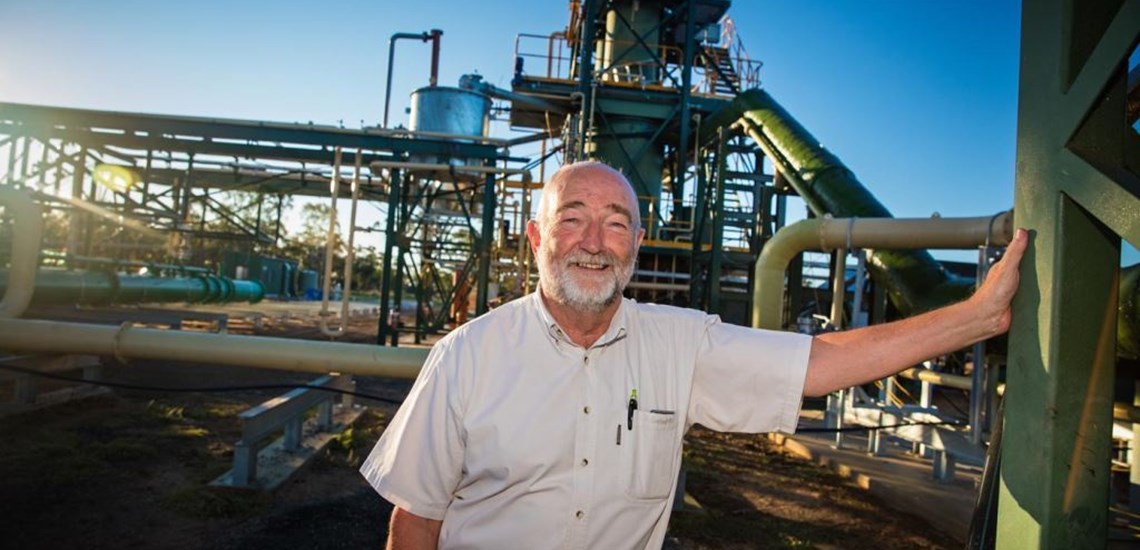GDT has widened its interests with a deal to build a plant in the USA and seem set to increase their interest in its technology.
Australia’s GDT Signs Deal for First US Plant
Australian tyre recycler Green Distillation Technologies, which has developed technology that recycles end-of-life tyres into oil, carbon and steel, has signed a deal to build their first plant in the United States.
The agreement provides funding of up to US$100 million for the roll-out of additional plants in the US, subject to the successful operation of the first one.
GDT’s Chief Operating Officer Trevor Bayley, who was in the United States to sign the agreement, said that the deal comes as the result of a considerable amount of work to negotiate a practical and workable agreement in the light of numerous US enquiries about their technology.
“The US, like most countries around the world, has a significant old tyre disposal problem and generates in excess of 250 million end-of-life tyres a year. In contrast, Australia reaches 25 million, but the number of old tyres is increasing fast in India and China, and the world total is now more than one and a half billion a year.
“In light of this burgeoning environmental disposal problem, our approach provides a recycling solution as we turn a problem into valuable and salable materials.
“For example, our oil has been described as light crude, which is low in sulphur and easy to refine into petrol, diesel, jet fuel and other petroleum-based products.
“The carbon we produce is a high-grade product that has massive potential for sale as carbon, in the form of carbon black. This material is one of the world’s most widely used chemical building blocks. It is used in many products ranging from tyres, plastics and paints, water filtration, printers’ ink, paint, electrodes, graphene, toothpaste and cosmetics including eyeliner, mascara, nail polish, eye shadow, blushes, rouge and lipstick,” Trevor Bayley said.
He said that the steel reinforcing mesh and beading of the tyre can be fully recycled by being returned directly to the tyre manufacturers for reuse in new tyres or recycled as scrap steel.
“In Australia, we are planning to bring our processing plant at Warren in Western New South Wales up to full production in 12 months. Our other proposed facility in Toowoomba, South Queensland, for which we have received all the required Government approvals, to full operation in 18 months.
“The projected cost of these two facilities is $20 million.
“We have explored other potential sites around Australia in Geelong, Wagga, Collie, Gladstone and Elizabeth as possible plant locations as our five-year plan calls for seven plants around Australia to handle 30 per cent of the 25 million end-of-life tyres Australia generates each year, Trevor Bayley said.
He said that every plant, with six modules and operating 24/7 would process a mix of 19,000 tonnes of tyres per year. Each typical 10 kg car tyre will yield 4 litres of oil, 4kg of carbon, 2kg of steel, a 70kg truck tyre will provide 27 litres of oil, 28 kg of carbon, 15 kg of steel and 4 tonnes oversize mining dump truck tyre will yield 1.6 tonnes of carbon, 0.8 tonnes of steel and 1500 litres of oil.
“Each plant is expected to need a permanent workforce of fifteen and require more people during the construction phase and have a local economic multiplier effect with more people needed to collect and deliver the old tyres to the plant.
“What we have done is a world breakthrough, and we believe that in time our technology will eventually become the preferred means of recycling old tyres throughout the world,” Trevor Bayley said.


















